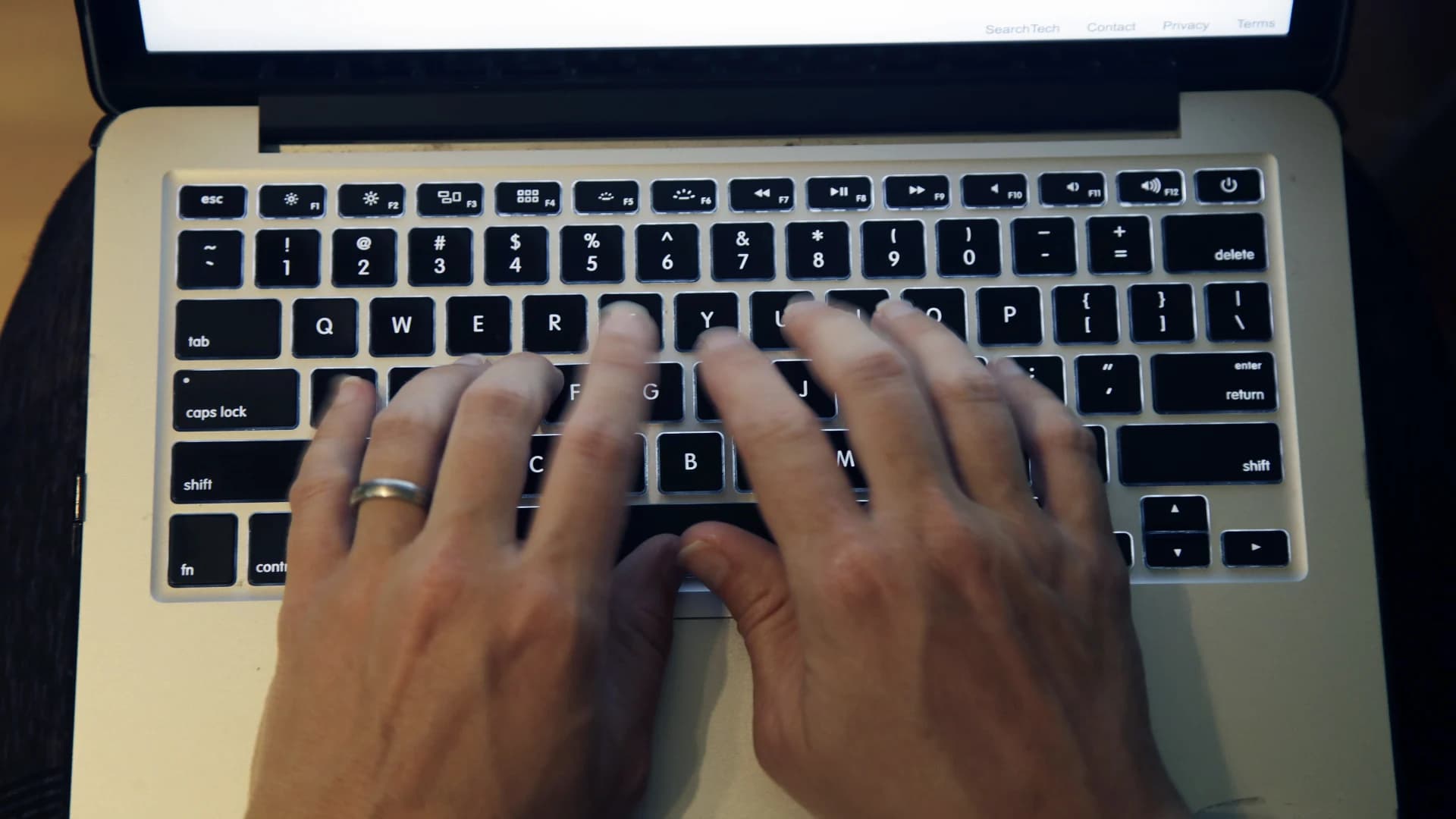More Stories

Identity theft can happen to anyone.
Identity thieves look for ways - both high-tech, like lifting our passwords, or low-tech, like
stealing our mail - to get their hands on our money and personal information, according to the Federal Trade Commission.
To keep your money and information safe, follow the advice below:
1. PERSONAL INFORMATION
Keep documents with personal information, like financial records or Social Security and Medicare cards, in a safe place. Shred them before you throw them away. If you get
statements with personal information in the mail, take your mail out of the mailbox as soon as you can.
2. SOCIAL SECURITY
Don’t share your Social Security number with someone who contacts you. While some organizations might need your Social Security number to identify you, they won’t call, email,
or text you to ask for it. So if someone contacts you, asks you for your Social Security number, and says they’re from the IRS, your bank, or your employer — it’s a scam.
3. STRONG PASSWORDS
Protect your information online and on your phone. If you’re logging in to an online account, use a strong password. Add multi-factor authentication for accounts that offer it. Multi-factor authentication makes it harder for scammers to log in to your accounts if they do get your username and password. Here are more
steps to help safeguard your online accounts.
4. REVIEW YOUR BILLS
Charges for things you didn’t buy, or an unexpected bill, could be a sign of identity theft.
Have you been a victim? IdentityTheft.gov can help you report and recover from identity theft. Click here to get started.
More from News 12
0:32

AAA: National, LI gas averages jump overnight amid fears of oil price surge
1:30

2 people survive plane crash in Hudson River after taking off from MacArthur Airport
0:16

No injuries reported following rollover crash in Cutchogue
0:24

Justin Timberlake sues Sag Harbor Village, police to stop release of body camera video
0:22

Great Neck doctor sentenced to 7 years in prison for running pill mill
1:25
